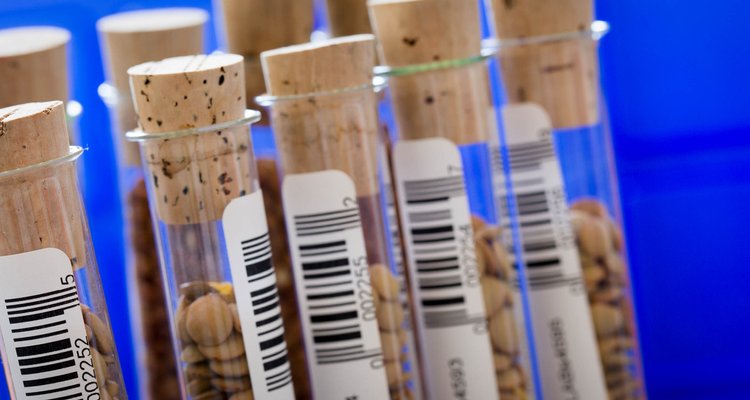
Online
Plant Breeding: Germplasm and Seed Technology
Join this academic-level online course for working professionals in the plant breeding sector, providing you with an in-depth understanding of various key aspects of the field. The course covers important topics such as the process of domestication, germplasm development, gene banks, breeders' rights and patents, seed production programs, and seed quality. The practical applications of these theories are emphasised, as the course aims to equip participants with the knowledge and skills necessary to excel in their careers. Upon completion of the course, participants will be able to explain the theory of domestication, understand the importance of gene banks, explain breeders' rights and patents, design seed production programmes, and improve seed quality.
Registration deadline: 11 September 2025
Please note that the dates for the academic year of 2025-2026 are yet to be confirmed, so they might still change.
Target audience
If you are a working professional in the plant breeding sector, this course is the perfect opportunity for you to expand your knowledge and sharpen your skills. This comprehensive course will provide you with the tools you need to succeed and advance in your career, especially in combination with other advanced Online Master's Courses Plant Breeding.
Prerequisite knowledge
You should have sufficient knowledge on concepts and methodologies related to plant biology, such as (Mendelian) genetics, plant breeding, plant physiology, molecular biology and plant pathology and epidemiology. If you lack certain knowledge or skills listed above, we strongly recommend you join the course Principles of Plant Breeding and/or Plant Pathology and Disease Epidemiology first (can be found under Related courses in the right-hand column)... It's important to realise that, if you do not comply with these recommendations, you cannot claim extra support from the instructor and cannot claim a refund of the registration fee, if you decide to discontinue the course.
Learning outcomes
After successful completion of this programme, you will be able to:
- Explain the theory of domestication, the gene pool concept, and the process of germplasm development.
- Explain the importance of gene banks and explain how they work.
- Understand how seed production programs are designed.
- Understand seed quality aspects and explain how seed quality can be improved.
Programme
This course introduces participants to several important aspects of plant breeding, such as the process of domestication, germplasm development and the importance of gene banks. Also, important practical aspects on bringing a cultivar to the market are discussed, such as breeders' rights and patents, and the design of seed and plant production programmes. Seed physiology and seed quality aspects receive thorough attention, because in many cases the seed is the actual product that is sold by breeding companies.
This course is an online course at master level that you follow in a cohort. Learners participate at different time points and from different time zones, as most learners also have a job. The programme therefor offers learning activities that allow you to supervised self-study at your own pace, with deadlines for assignments, and includes knowledge clips, e-learning modules, online individual and group exercises and assignments, read literature, online discussions, and in some courses occasionally live question hours through MS Teams at specific dates and times. There are no online live classes. The exam has a fixed date.
Literature
Book chapters made available through the WUR library:
- Seeds, Physiology of Development, Germination and Dormancy (3rd ed.) J. Derek Bewley, Kent J. Bradford, Henk W.M. Hilhorst and Hiro Nonogaki, 2013. Springer, 392 pp.;
- Principles of plant Genetics and Breeding, (2nd ed.) Acquaah, G, 2012.
Articles made available through the WUR library.
This course is quite time-intensive and requires approximately 20 hours per week for the average participant. There are assignments with deadlines.
This course fits logically upfront the online Master's Course Plant Breeding: Markers in Quantitative Genetics and Breeding.
Examination
Participation in the remotely proctored exam is optional. If you decide not to participate in the exam, you do not qualify for a certificate and/or Micro-credentials.
The date of examination is 23 October 2025. The duration of an exam is 3 hours. The resit will be scheduled on 3 or 4 February 2026.
Certification
Upon successful completion - passing the exam -, a digital Micro-credentials certificate (EduBadge) with 3 study credits (ECTS) is issued. The EduBadge certifies the learning outcomes of short-term learning experiences, marking the quality of a course.
Coordinated by
Registration
Join this course now.